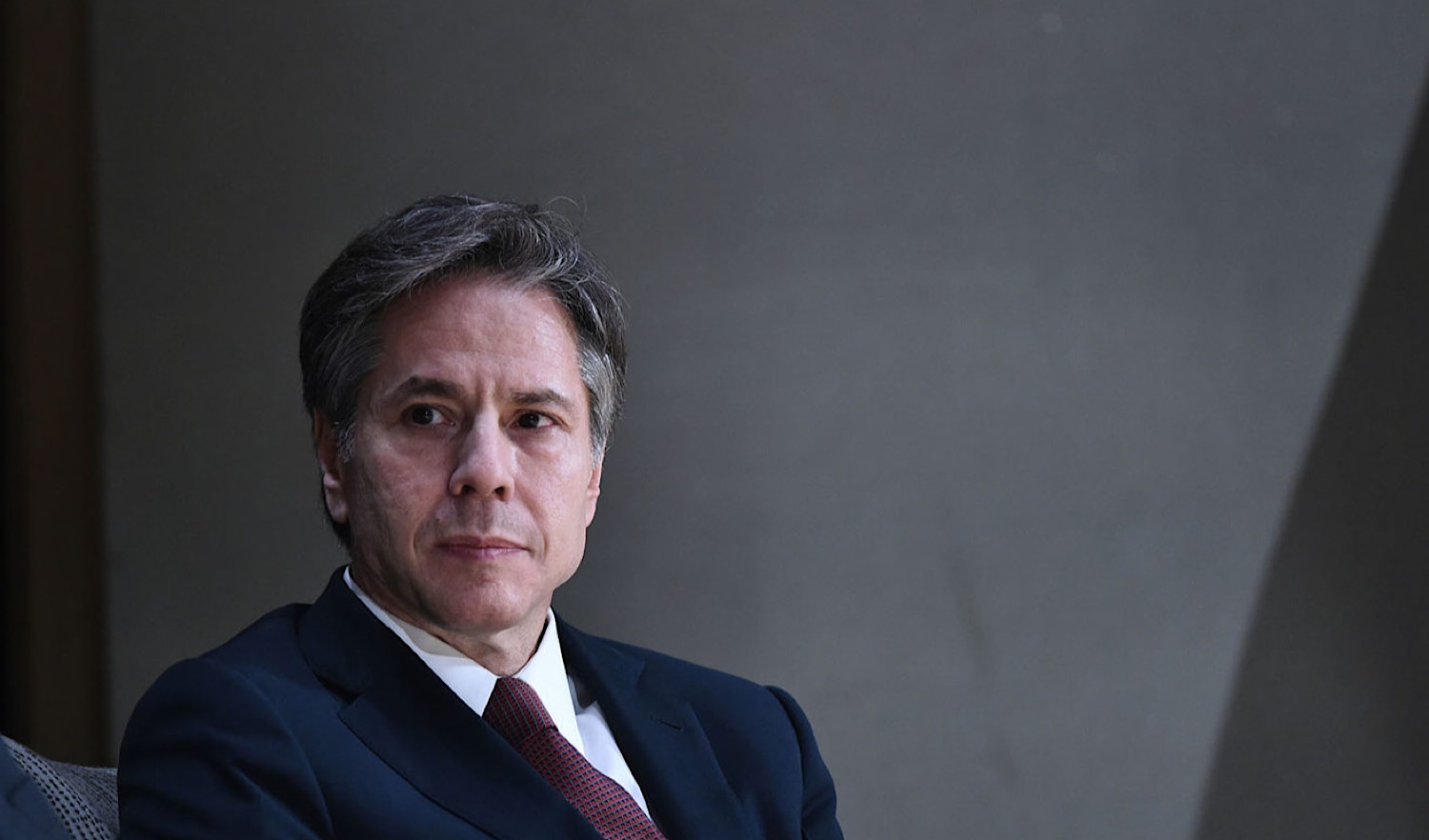TOM PLATE WRITES — US foreign policy since the September 11 attacks looks rather like an animal caught in the headlights of fast-moving contemporary history that won’t slow down for anyone or anything. If we can agree on this general picture, then we must also agree that no one American, whether Joe Biden or Donald Trump, can be blamed.
US presidents of whatever political party or calibre inherit the ill winds of the past as well as coming storms. Since January 20, US President Joe Biden has made some mistakes, but he has hardly been as flawed as Trump. Biden’s unbecoming predecessor will be judged by history as the maker of too many bad deals for America, especially regarding China.
Standing against this tattered tapestry is Antony Blinken, Biden’s impressive secretary of state. Blinken has brought to his prestigious position a high level of intellect, an affable but determined bearing and an understated projection of the sense of dancing in the middle of a period of history that is trickier to navigate than usual.
Unlike his blustery predecessor Mike Pompeo, Blinken is well groomed for the position of foreign policy head by virtue of education, dedication and subtlety, as is Biden’s UN Ambassador Linda Thomas-Greenfield. They both are products of America’s foreign service system, which is underrated but now more valuable than ever.
Nevertheless, one competent secretary of state, however talented and focused, does not a new foreign policy make as that person is not the president. Constitutionally speaking, the executive branch is the big decider.
All major foreign policy decisions are presidential decisions, a point Ted Sorensen – the great aide to John F. Kennedy – rightly used to hammer home to his students.
Even a president needs to work some constituencies hard. To switch gears or even slightly alter the nation’s direction, buy-in by the powerful US military-industrial-media complex looms as a major question.
The best a new US administration can do is inspire talented citizens to accept tougher foreign policy jobs and try for better outcomes, drawing on policy rationality, close teamwork and happy splashes of luck.
Might Blinken prove akin to Henry Kissinger – a policy composer, not just a day-to-day conductor? Both went to Harvard and are bilingual, among other similarities.
In fact, Blinken’s French hits the Gallic ear as near-exceptional for a mere American, as French Foreign Minister Jean-Yves Le Drian and others might attest. Blinken’s many guest appearances on French media might even help take some of the sting out of the Aukus agreement – the US’ notorious nuclear-powered submarine deal with Australia – for the Macron government.
America’s sulking allies in France might require more than that to ease their hurt, though.
Blinken comes to the top of the foreign policy establishment heap at a time of bitter American polarisation domestically. Whether this means it is the best or worst of times to be an American secretary of state, this is Blinken’s moment.
Joseph Nye, a former Harvard Kennedy School of Government dean and American foreign policy eminence grise, has sought to push back against this rising tide of self-doubt with well-argued essays and lectures. Evolutionary change is not the same thing as overnight catastrophe.
As Nye wrote with characteristic clarity and patience in his 2015 book Is the American Century Over?: “It goes against common sense and history to believe that the United States will have a dominant share of world power forever.” But common sense is not in abundant supply these days.
Blinken has not been able to skirt the pitfalls of America’s excruciating bad judgment, so he has made or gone along with titanic mistakes. As Nye put it: “Historians can make a credible case that periods of maximalist overcommitment have done more damage to America’s power conversion capability than periods of retrenchment.”
America’s latest doubts about its proper global identity go beyond its irritation with China’s hubris. Even if China fell by a few notches tomorrow and was struggling with roiling – if difficult to discern – internal political leadership issues, the country will be with us for centuries to come.
The problem with American foreign policy right now is not with its secretary of state but with its continuing ways of thinking about the rest of the world. Like a halfway decent old movie, it is replayed so often on television it seems like it will never go away. To quote Nye once again: “Belief in the inevitability of conflict can become one of its main causes.”
All the unnerving noise about the inescapability of military conflict – which is coming to some extent from both sides of the Pacific – only weighs down America’s freedom of action to get out from under that old movie. A happy Hollywood ending is there for the having, but for starters the US should begin rewriting its own playbook.
Avoid the usual clichés and aim for some happy ending – or at least not a major tragedy. China would also benefit from some new screenwriting and better plotting. Both sides need to provide the world with a much nicer picture. Blinken might not be James Bond, but neither is he Darth Vader.
Clinical Professor Tom Plate, author of the ‘Giants of Asia’ book quartet, including the bestseller ‘Conversations with Lee Kuan Yew’, is Loyola Marymount University’s Distinguished Scholar of Asian and Pacific Affairs and the Pacific Century Institute’s vice-president.

